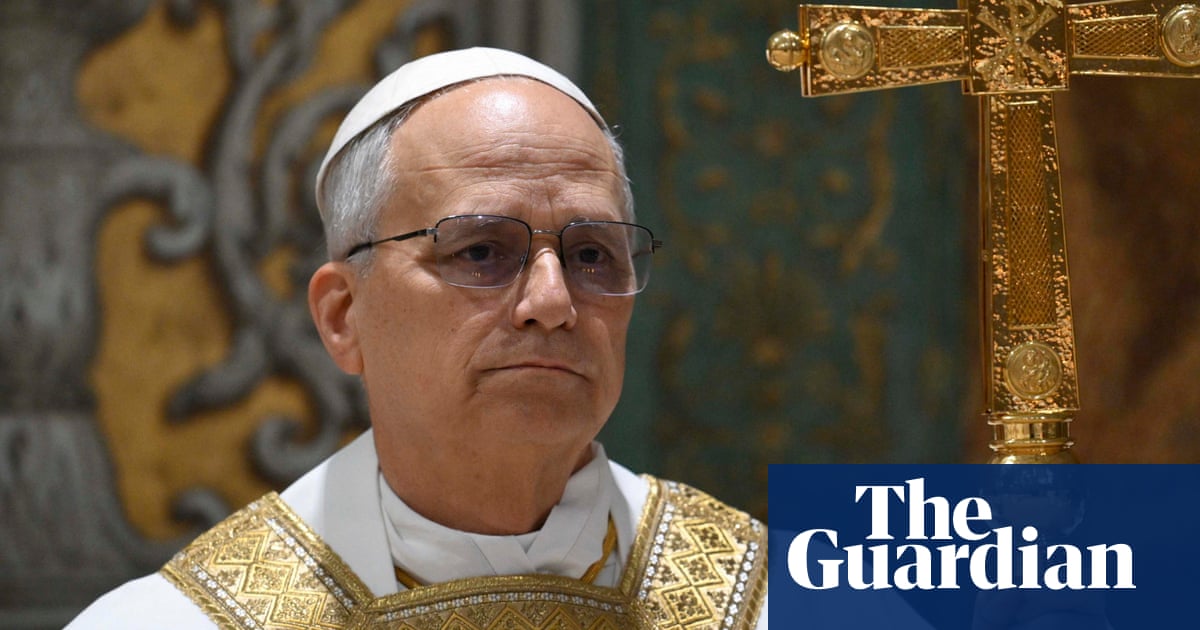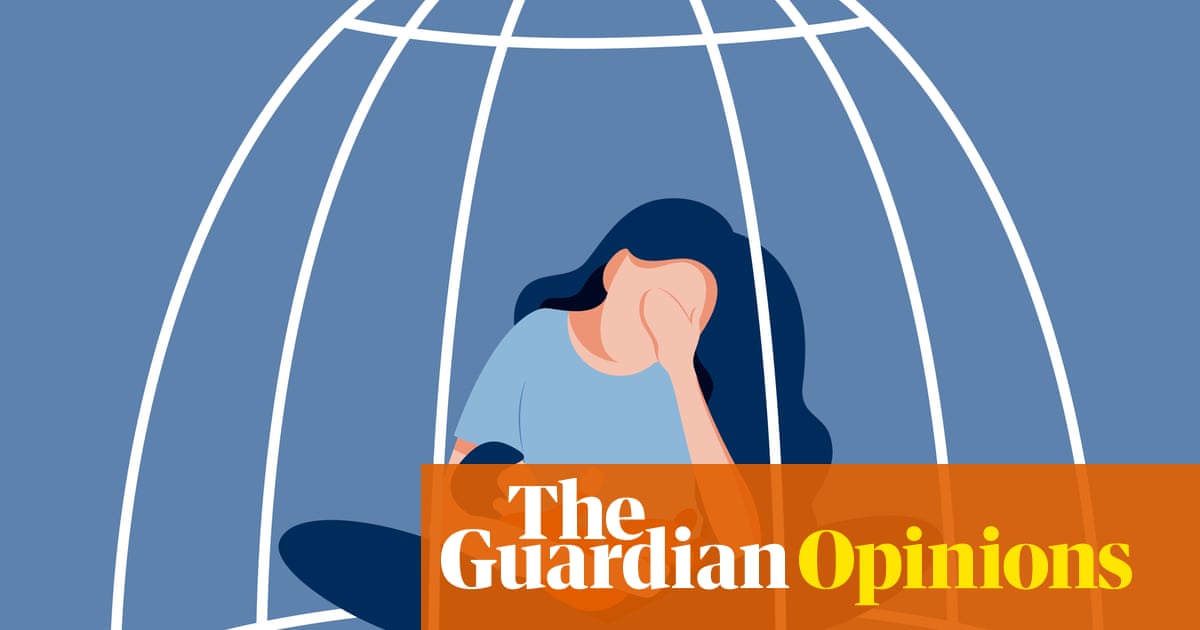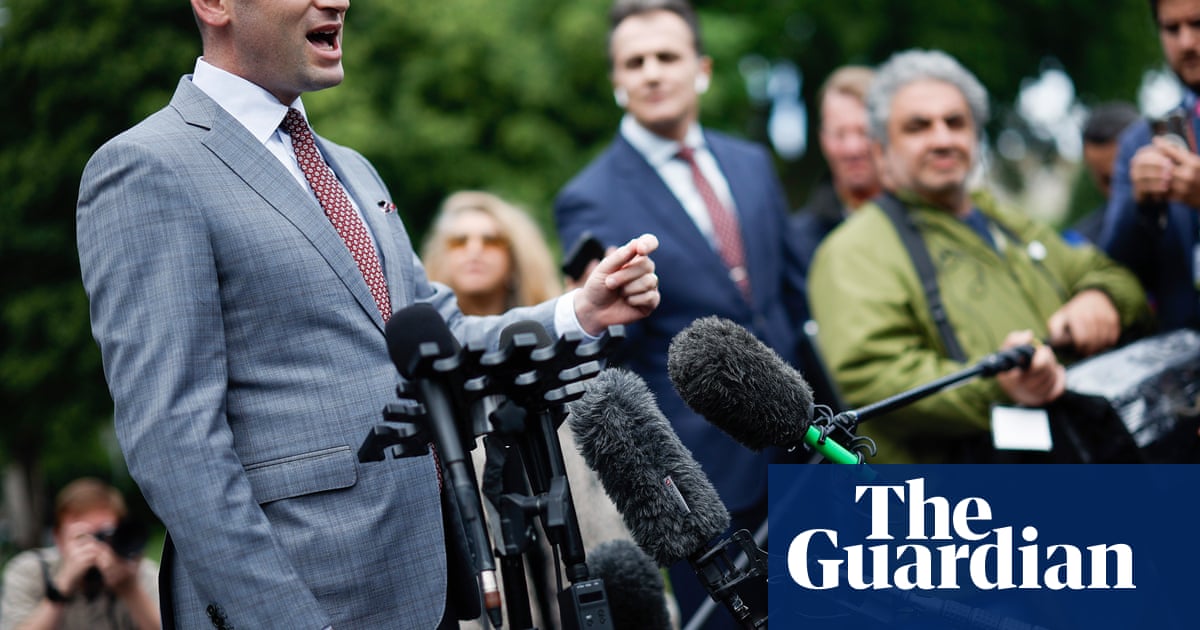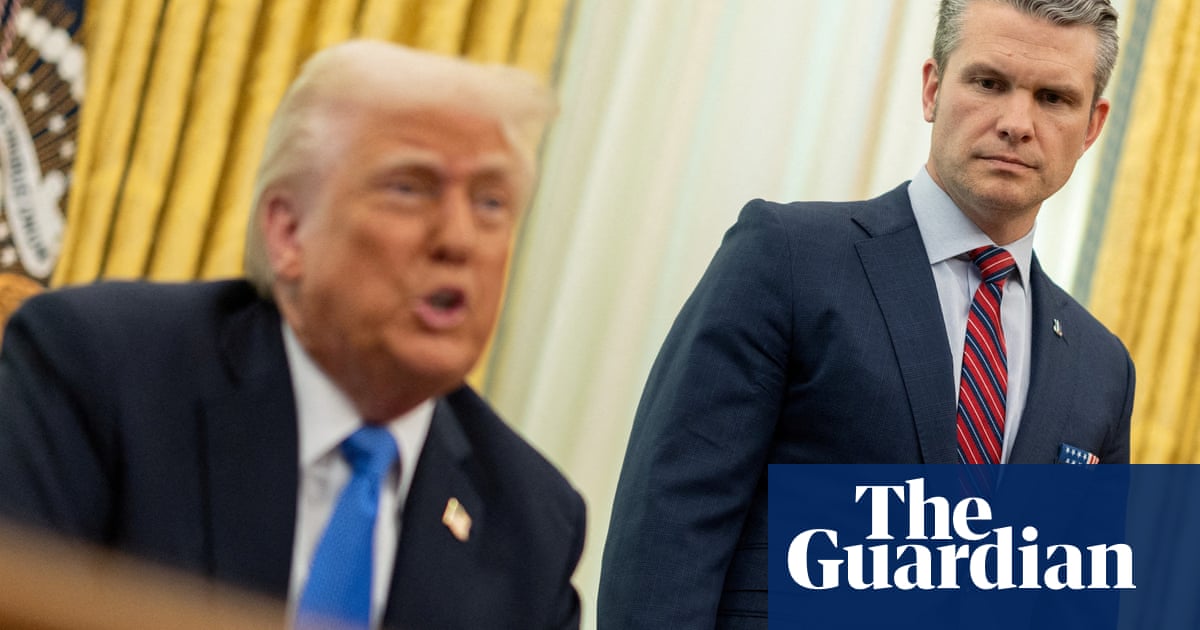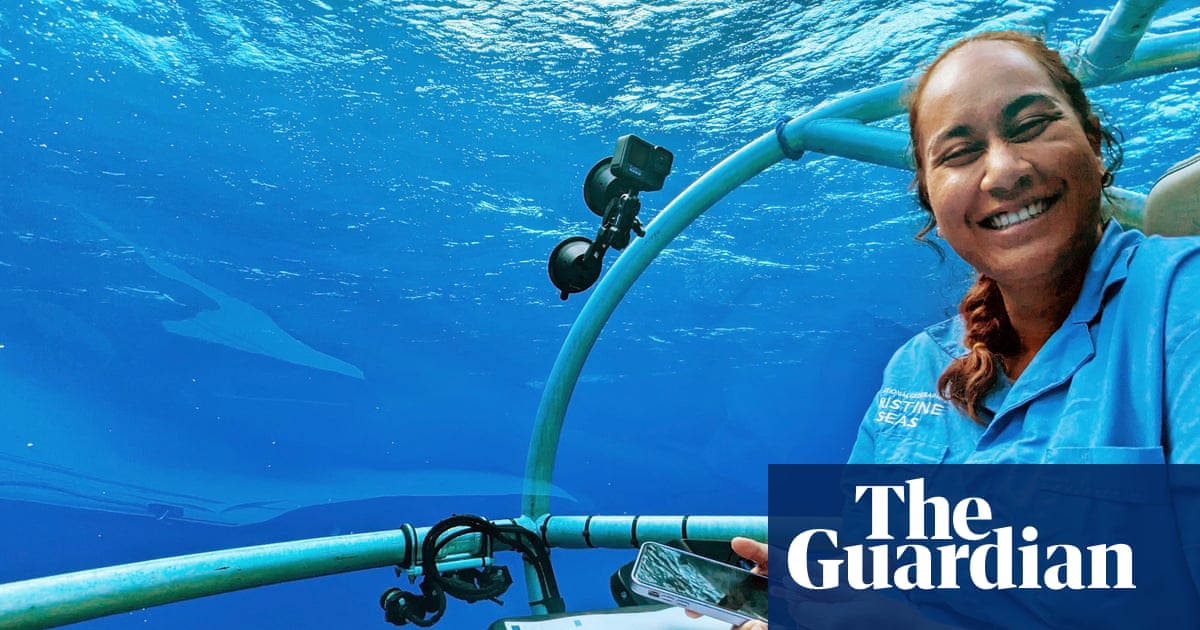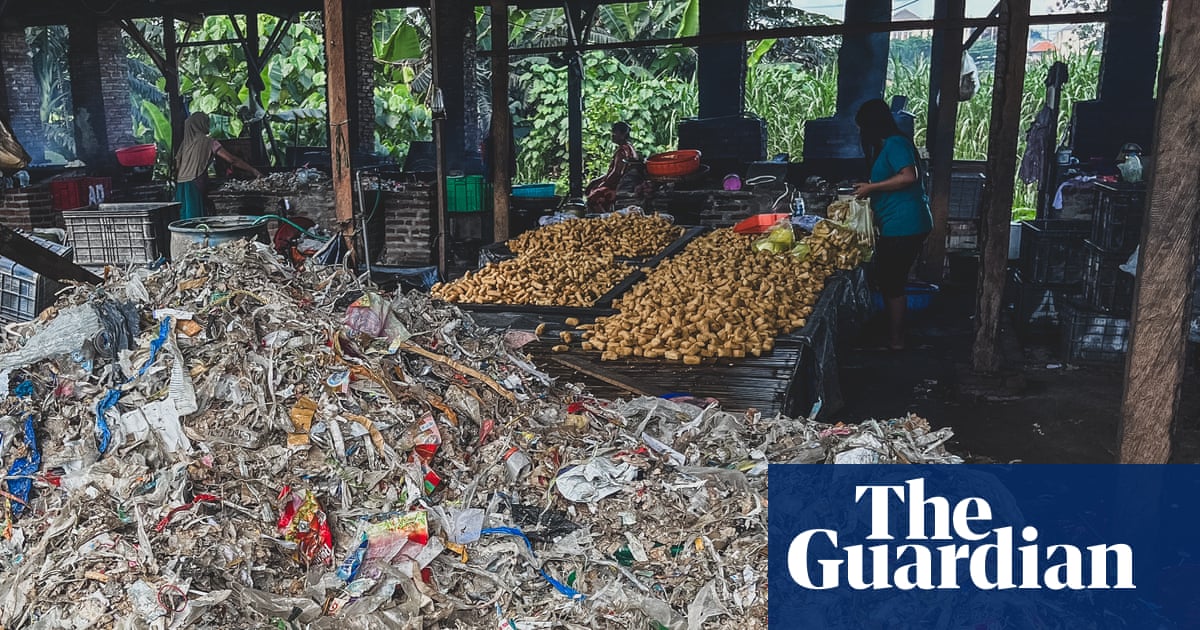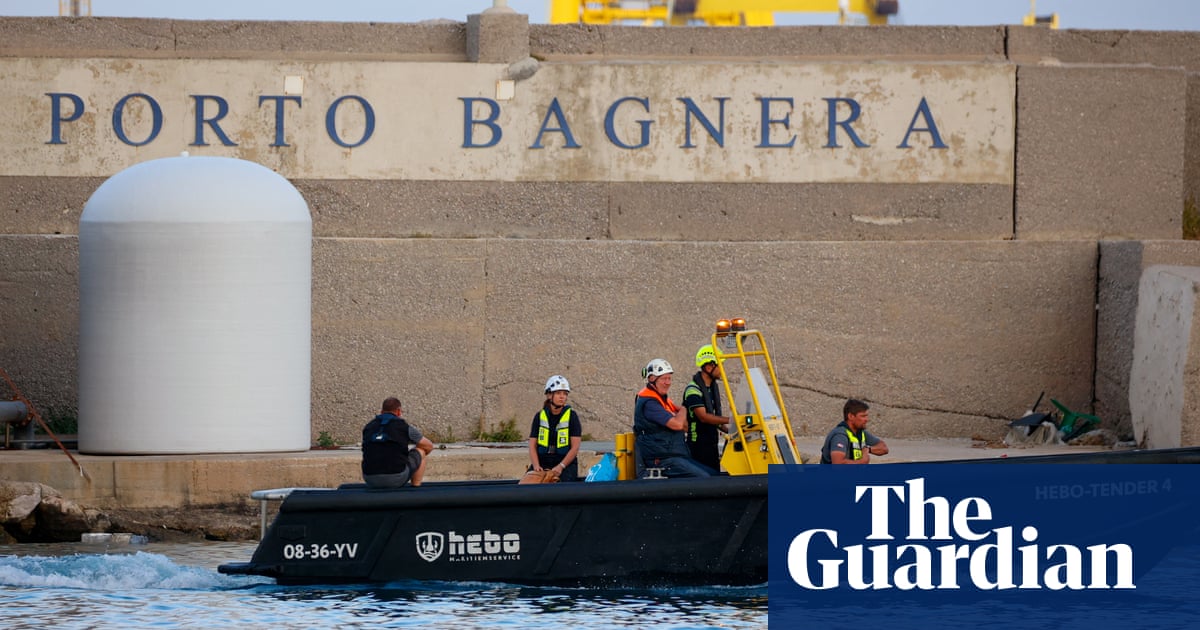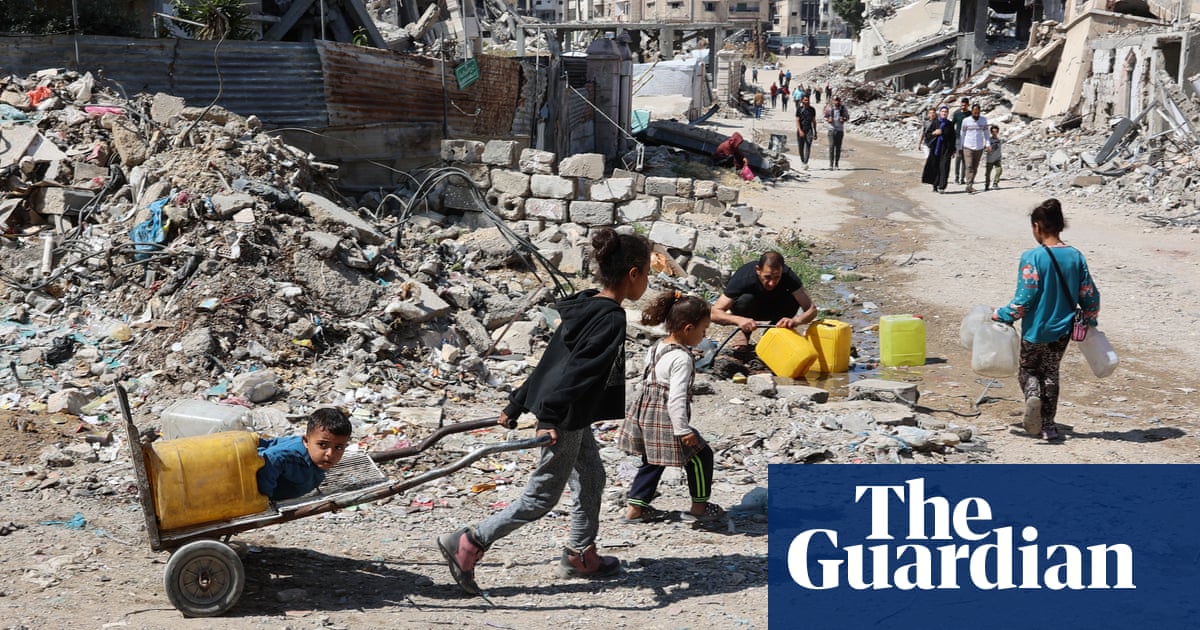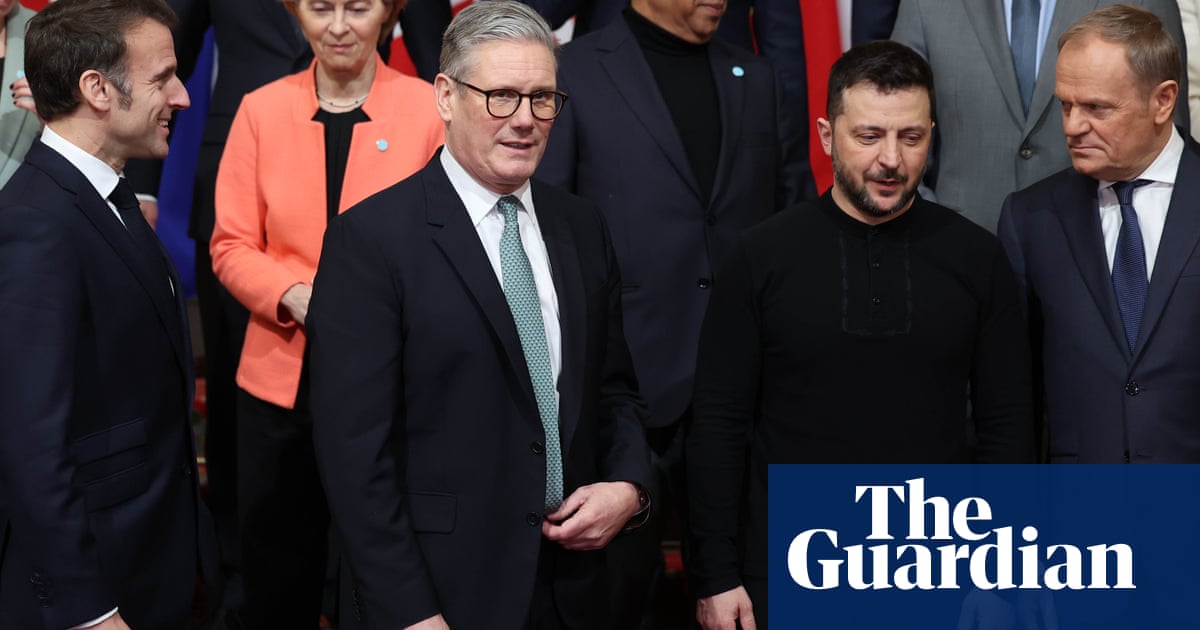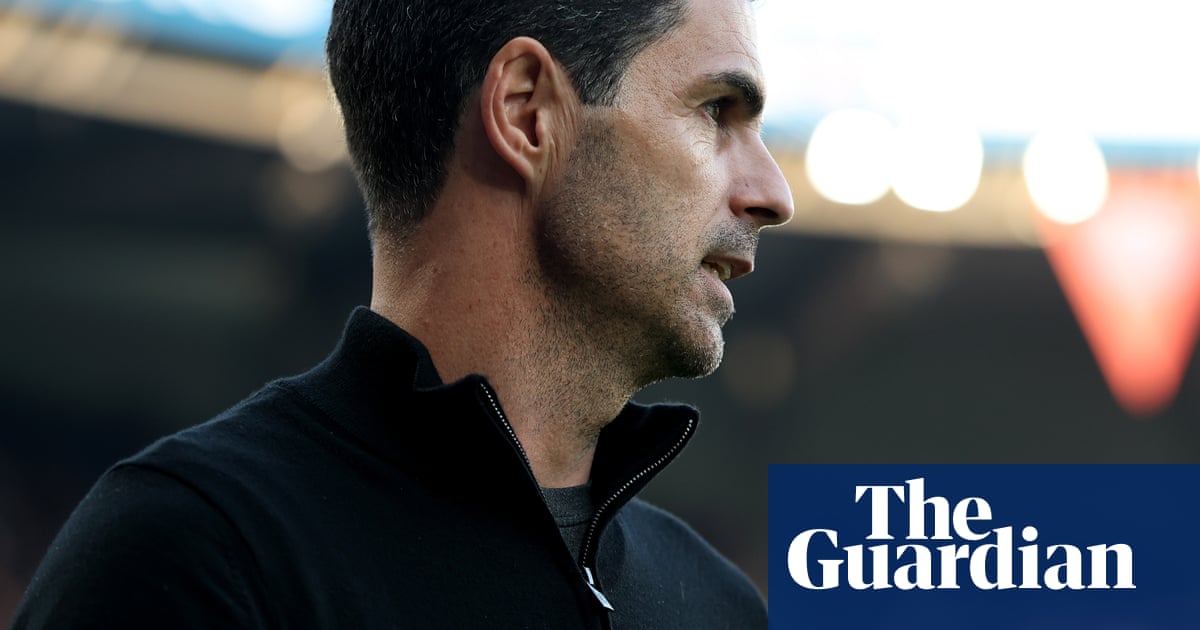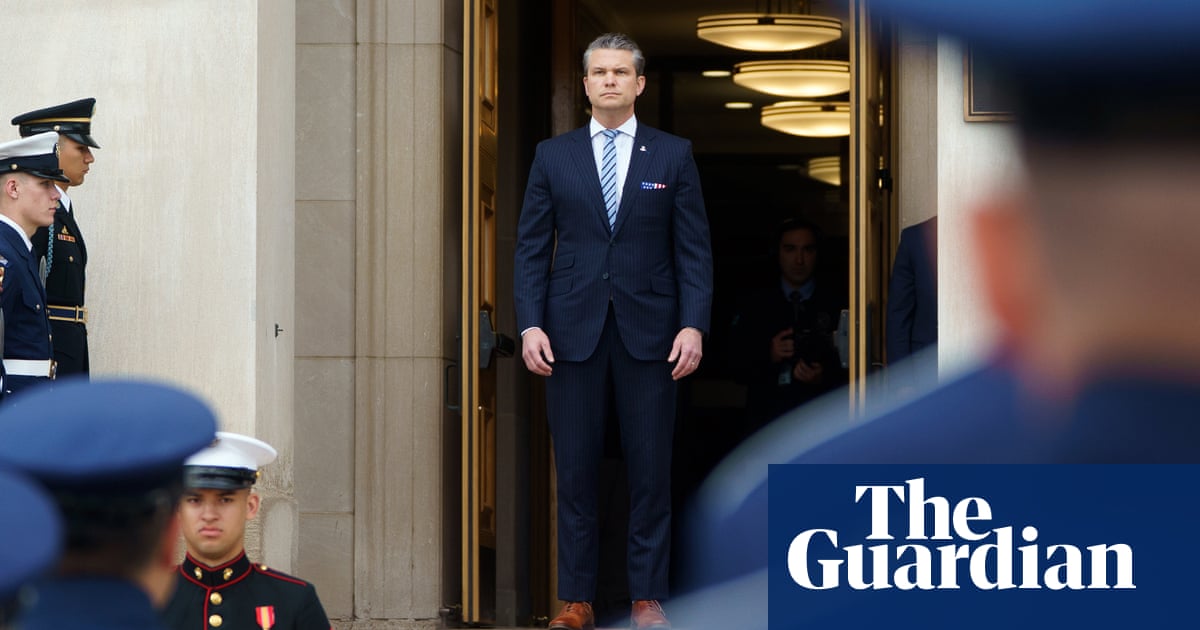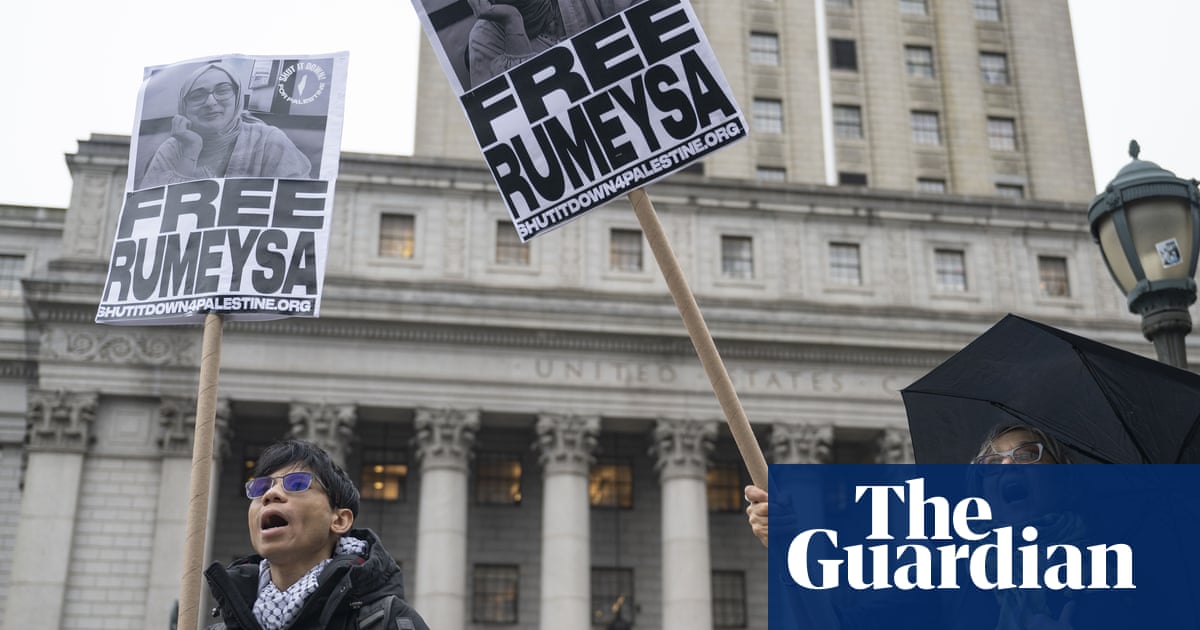Several environmental NGOs could be effectively shut down in Europe, if a defunding push by rightwing MEPs is successful, campaigners say.
At the same time that centre and far right MEPs are revving up strategies to defang, deregulate or decapitate the European Green Deal, an EU plan to cut emissions to net zero by 2050, a proposed funding freeze in the European Parliament would weaken green groups.
Bolstered by electoral gains, conservative populists appear to scent blood. Some conspiratorial narratives circling in Brussels even suggest that China is using green NGOs to influence EU policy with the connivance of the European Commission.
The sum of money currently being discussed as part of the EU’s LIFE programme is small – €15.6m (£12.9m) annually, or about 0.006% of the commission’s annual budget – but it could deprive 30 NGOs of up to 70% of their annual incomes, according to the most recent figures.
Faustine Bas-Defossez, policy director for the large and well-established European Environmental Bureau, told the Guardian that even her group would “face a struggle” without the 10% of its funding it receives from LIFE.
“This is a clear attempt to undermine democracy and stifle the voices of civil society,” she said. “Those driving these attacks and accusations are often the same actors pushing to dismantle key elements of the European Green Deal – despite overwhelming scientific evidence about the urgent need to accelerate the green transition.”
Groups listed as receiving more than a quarter of their funding from the €5.4bn LIFE programme last year include: ClientEarth, Carbon Market Watch, the European Cyclists Federation, Health and Environment Alliance, Organics International, the Institute for European Environmental Policy, Pesticide Action Network Europe, the Surfrider Foundation, Wetlands International and WWF Central and Eastern Europe.
Carlotta Besozzi, the director of Civil Society Europe, said: “Quite a few organisations could be at risk of being shut down if their funding from LIFE is cut off because there is simply not a huge availability of other funding sources.”
EU funding for NGOs is intended to counterbalance the huge amounts spent on corporate lobbying – an estimated €1.7bn in 2023. But MEPs from the European People’s Party (EPP), European Conservatives and Reformists (ECR) and farright blocs in parliament allege that the commission’s environmental department has secretly paid NGOs to lobby others within the EU for more ambitious policies.
Monika Hohlmeier, the vice-chair of parliament’s budgetary committee, said last month that this would “impinge on essential principles such as legislative independence, transparency, avoidance of conflicts of interest, fair and impartial distribution of funds and accountability for the proper use of taxpayers’ money”. She said that the commission should end “such scandalous one-sided methods in the future and ensure that misused money is repaid”.
That money might date back as far as a decade ago, according to another EPP lawmaker, Tomáš Zdechovský. He insisted that there was no intent to shut down green groups.
“We don’t want to liquidate any NGOs,” he said. “We only want transparency.” The EPP had pursued the issue because “we received information from whistleblowers that these NGOs have secret contracts from the commission to lobby MEPs,” he said.
Zdechovský said that he was not able to share any evidence because the EPP’s sources were “under pressure from the commission or NGOs”. However, NGOs deny the existence of any such dubious contracts.
Ariel Brunner, the director of Birdlife Europe, described the charge as “a slanderous witch-hunt that has no bearing in reality. It is obviously a very dangerous attack on the basic infrastructure of European democracy.”
Chris Baker, the director of Wetlands International, said the money his group received from LIFE was “not guided in any way, shape or form by what DG Environment would like us to do”.
A funding cut would “diminish our presence in Brussels but not end it,” he added.
Martin Dermine, the director of Pesticide Action Network Europe, also denied any impropriety, adding that while his group had other revenue sources, an end to LIFE funding could “prevent us from being present in the Brussels arena”.
Speaking at a press conference on Monday, Nicholas Aiossa, the director of Transparency International EU, accused the EPP of “taking a leaf out of [Hungarian PM] Viktor Orbán’s book” in its accusations against civil society groups.
“There’s no question of misuse of EU funds in this conversation. There’s no indication or evidence at all that any rules have been broken, but despite that we’ve seen a committee going around requesting dozens of contracts from NGOs and civil society actors amounting to thousands of pages to carry out one of the biggest fishing expeditions I’ve ever seen.”
Ironically, Hohlmeier herself reportedly receives €75,000 a year from Baywa, a German agricultural trading company partly funded by LIFE. She declined to be interviewed.
The defunding proposal is expected to wind its way through various parliamentary committees ahead of a plenary vote on the commission’s budgetary discharge, which is expected in May.

 3 months ago
61
3 months ago
61
